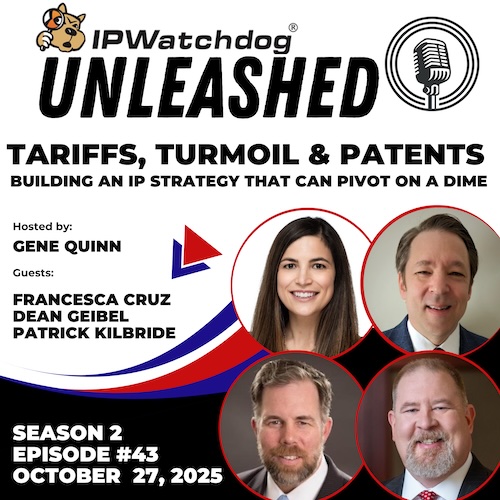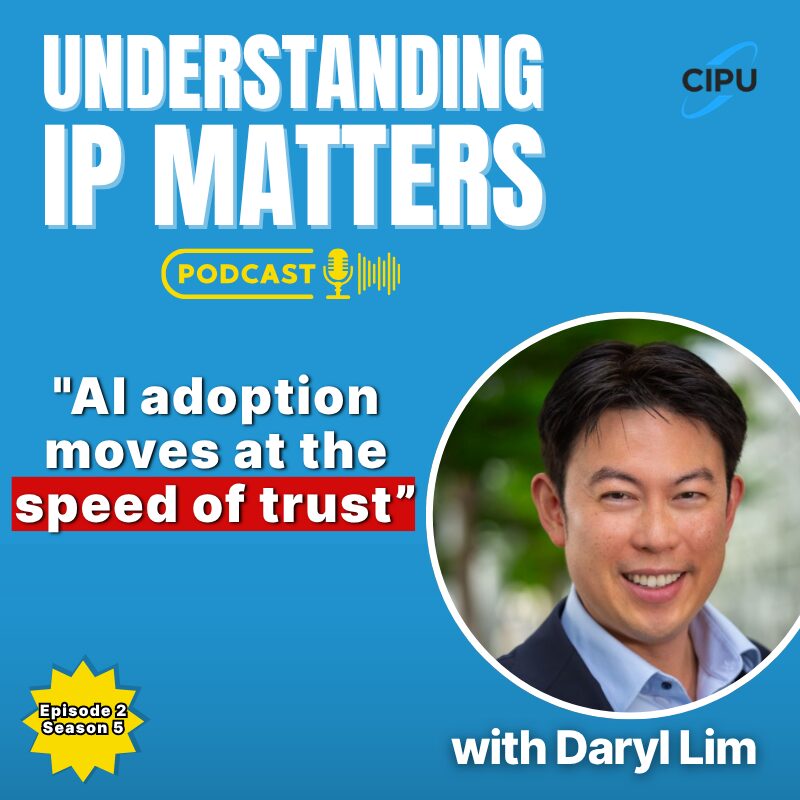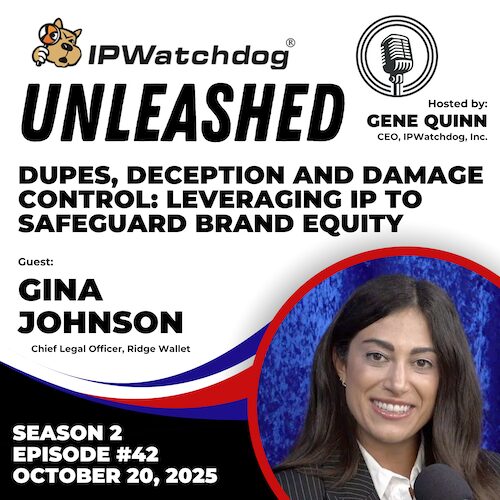“[F]oreign exploitation of the PTAB has arisen as a significant countervailing consideration since SharkNinja was made precedential.”
 Yesterday, U.S. Patent and Trademark Office (USPTO) Director John Squires sent a memo to all administrative patent judges (APJs) at the Patent Trial and Appeal Board (PTAB) informing them that the agency was restoring the practice of requiring petitioners before the PTAB to identify all real parties in interest (RPI) prior to institution. The change is intended to address the exploitation of PTAB proceedings by foreign state-backed actors arising as an unintended consequence of less stringent RPI standards enforced by previous administrations.
Yesterday, U.S. Patent and Trademark Office (USPTO) Director John Squires sent a memo to all administrative patent judges (APJs) at the Patent Trial and Appeal Board (PTAB) informing them that the agency was restoring the practice of requiring petitioners before the PTAB to identify all real parties in interest (RPI) prior to institution. The change is intended to address the exploitation of PTAB proceedings by foreign state-backed actors arising as an unintended consequence of less stringent RPI standards enforced by previous administrations.
Relaxed SharkNinja Standard Led to Increase in IPR Filings From IP Manipulators
In his memo, Director Squires told PTAB APJs that he was restoring RPI identification requirements that existed prior to the Board’s 2020 decision in SharkNinja Operating LLC v. iRobot Corp., in which an RPI analysis wasn’t required for institution unless time-bar or estoppel issues were implicated by an RPI claimed by the patent owner. After removing the precedential designation from SharkNinja in late September, Director Squires’ memo announced that the RPI identification requirement would be restored by designating Corning Optical Communications RF, LLC v. PPC Broadband, Inc. (2015) as precedential. In Corning Optical, the PTAB ruled that petitioners must satisfy 35 U.S.C. § 312(a)(2) by identifying all RPIs before the Board can consider instituting the petition.
While acknowledging the legitimate policy concern presented by the difficulty of identifying all RPIs in certain cases, Director Squires noted that foreign exploitation of the PTAB has arisen as a significant countervailing consideration since SharkNinja was made precedential. Relaxed standards for identifying RPIs prior to institution of inter partes review (IPR) proceedings has enabled the covert financing of IPR proceedings by state-backed entities looking to gain an advantage over their competition, many of them U.S. companies, by directing patent challenges in semiconductors, artificial intelligence, or other fields of emerging technology.
National security concerns in the U.S. patent landscape have come under scrutiny in recent months, with Director Squires’ memo noting this increased focus both during the Senate IP Subcommittee’s hearing this May on foreign threats to American innovation and in his own statement to the subcommittee in early October. Since SharkNinja, a growing number of IPR petitions are being filed by foreign entities that have already been identified by the Office of Foreign Assets Control and the U.S. Trade Representative as being involved in technology misappropriation or forced tech transfer, demonstrating their willingness to manipulate the United States’ intellectual property system. According to USPTO data, if treated as a single entity, such companies would rank among the top 10 IPR filers at the PTAB from 2019 through 2024 with Huawei, DJI and ByteDance/TikTok among the most prolific IPR petitioners from that group.
Open Questions
While it may not impact the overall number of IPR petition filings, the recent precedential designation for Corning Optical will prompt petitioners to be more thorough in their RPI investigations according to Scott Hejny, Principal at McKool Smith. “We’re seeing a trend toward returning the PTAB to the true wording of the statute to deem it a true alternative to litigation,” Hejny said. He added that Corning Optical involved an improper listing of multiple Corning entities under the same legal department, underscoring the likely stringent nature of RPI analyses to be conducted by the PTAB following Squires’ memo.
According to Hejny, Squires’ memo leaves open a couple of questions that remain to be addressed by the PTAB. First, Hejny noted that some parties may wish to challenge the Board’s consistent finding that member-financed patent challenging entities like Unified Patents need not identify their members as RPIs. Second, the memo doesn’t address similar concerns that continue to exist for ex parte reexaminations, which are filed anonymously and have seen a rise in filings over the previous year.

![[IPWatchdog Logo]](https://ipwatchdog.com/wp-content/themes/IPWatchdog%20-%202023/assets/images/temp/logo-small@2x.png)


![[Advertisement]](https://ipwatchdog.com/wp-content/uploads/2025/09/UNH_HybridJD-Ad-B-2025-350-x-200-Junior-Varsity.jpg)






![[Advertisement]](https://ipwatchdog.com/wp-content/uploads/2021/12/WEBINAR-336-x-280-px.png)
![[Advertisement]](https://ipwatchdog.com/wp-content/uploads/2021/12/Ad-4-The-Invent-Patent-System™.png)





Join the Discussion
No comments yet. Add my comment.
Add Comment